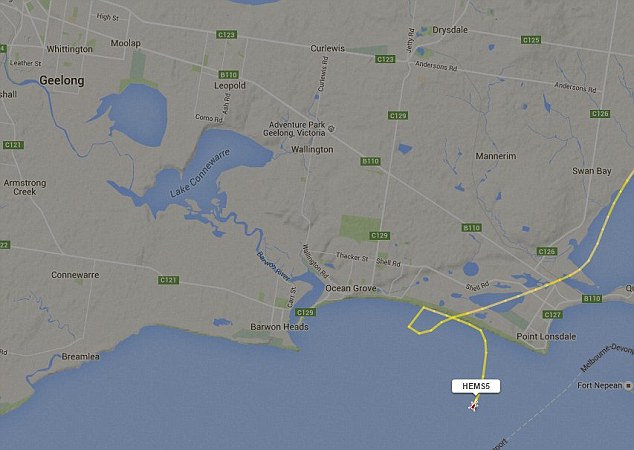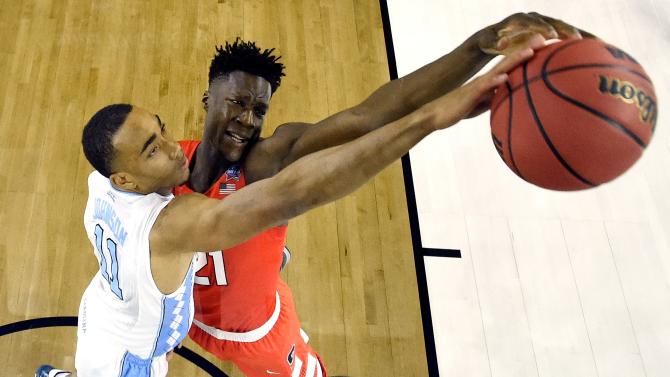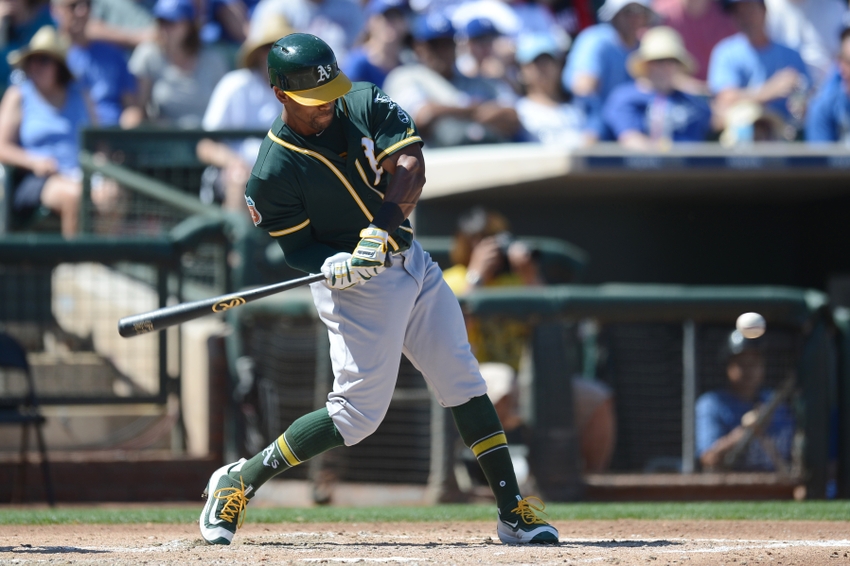Alexander Litvinenko: Putin 'probably' approved murder of russian spy, UK
By Michael Mitchell Jan 29, 2016The latest developments in the lengthy British public inquiry into the 2006 poisoning death of former Russian spy Alexander Litvinenko.
"The FSB operation to kill Mr Litvinenko was probably approved by Mr Patrushev, then head of the FSB, and also by President Putin", Mr Owen said.
"The report was not quite so categorical", adds Bullough, "about who exactly ordered them to do it. But it says it is probable that President Putin stood behind this murder".
It said: "We regret the only criminal case was politicised and overshadowed the general setting of bilateral relationships".
The former spy died of radioactive poisoning in November 2006 after drinking tea at a London hotel contaminated with the substance polonium-210.
Russian Foreign Ministry spokeswoman Maria Zakharova says the report is neither objective nor impartial. "Yes, we do, but we do it with clear eyes and a very cold heart", he said.
"Russia was hoping for cooperation with the British in investigating this case.
The results of the inquiry published today are yet more proof of London's anti-Russian stance, its blinkered thinking and... unwillingness to establish the true cause of Litvinenko's death".
Among the many questions the inquest was directed to answer were these: "Possible involvement of Russian state agencies in Alexander Litvinenko's death." and "Possible involvement of United Kingdom intelligence agencies in Alexander Litvinenko's death".
A former intelligence officer with the FSB, Litvinenko became an outspoken critic of Putin and worked for British intelligence after he sought asylum in 2000. The British government also froze the assets of the suspected killers, Lugovoi and Kovtun, who now reside in Russian Federation.
Lugovoy was quoted by the Interfax news agency as saying the accusation was absurd.
The inquiry, convened following a long legal battle by Mr Litvinenko's widow Marina, took evidence from dozens of witnesses and examined a huge number of documents.
Zhakarova adds "clearly the decision to suspend the coroner's inquest and begin "public hearings" was politically motivated".
There was also "definitely an individual dimension to the antagonism" between Mr Putin and Mr Litvinenko, he explained.
Mr Litvinenko was close to leading Russian dissidents and opponents of Putin and his administration, whom he had accused of collusion with organised crime, and had made highly personal allegations about the Kremlin chief. British Prime Minister David Cameron will come under pressure to respond robustly to the state-sponsored assassination of a United Kingdom citizen on the streets of London, The Guardian reported.
Geneva talks an opportunity not to be missed â UN Syria envoy
De Mistura's overtures were not enough to obtain a yes from the Saudi-backed bloc, but neither did they yield a definite no. The official added that the HNC will not participate in the negotiations until Articles 12 and 13 of U.N.
You may also like...
-
Advertisement
-
Leadership
Former Ivory Coast president pleads not guilty at ICC
Jan 29, 2016
According to Smith, the validity of Gbagbo's trial is thrown into doubt due to the lack of pro-Ouattara forces standing trial. Gbagbo on Thursday became the first ex-head of state to stand trial at the world's only permanent war crimes tribunal.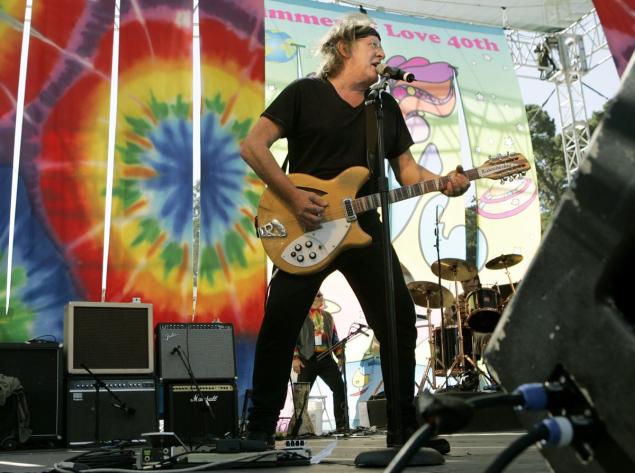 Jefferson Airplane co-founder Paul Kantner dies at age 74
Jefferson Airplane co-founder Paul Kantner dies at age 74
Jan 29, 2016
That made Jefferson Starship's eventual turn toward the pop mainstream all the more surprising for the quickly departing Kantner. Be proactive - Use the "Flag as Inappropriate" link at the upper right corner of each comment to let us know of abusive posts.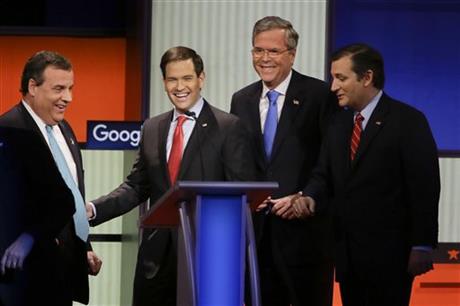 Jeb Bush Bets $20 Donald Trump Will Show Up For Iowa Debate
Jeb Bush Bets $20 Donald Trump Will Show Up For Iowa Debate
Jan 29, 2016
Trump isn't the anti-establishment candidate he appeared to be; a Trump presidency would continue government as usual. On the other end of the spectrum, a lot of Republican voters are gravitating toward either Donald Trump or Ted Cruz.Andy Murray vs. Milos Raonic head-to-head stats
Jan 29, 2016
But the Spanish ironman was never going to go away quietly, playing the big points better in the tiebreak to level at one set all. When asked if she would talk to him about ranting at the player's box, the French coach said: "It's not the moment for that".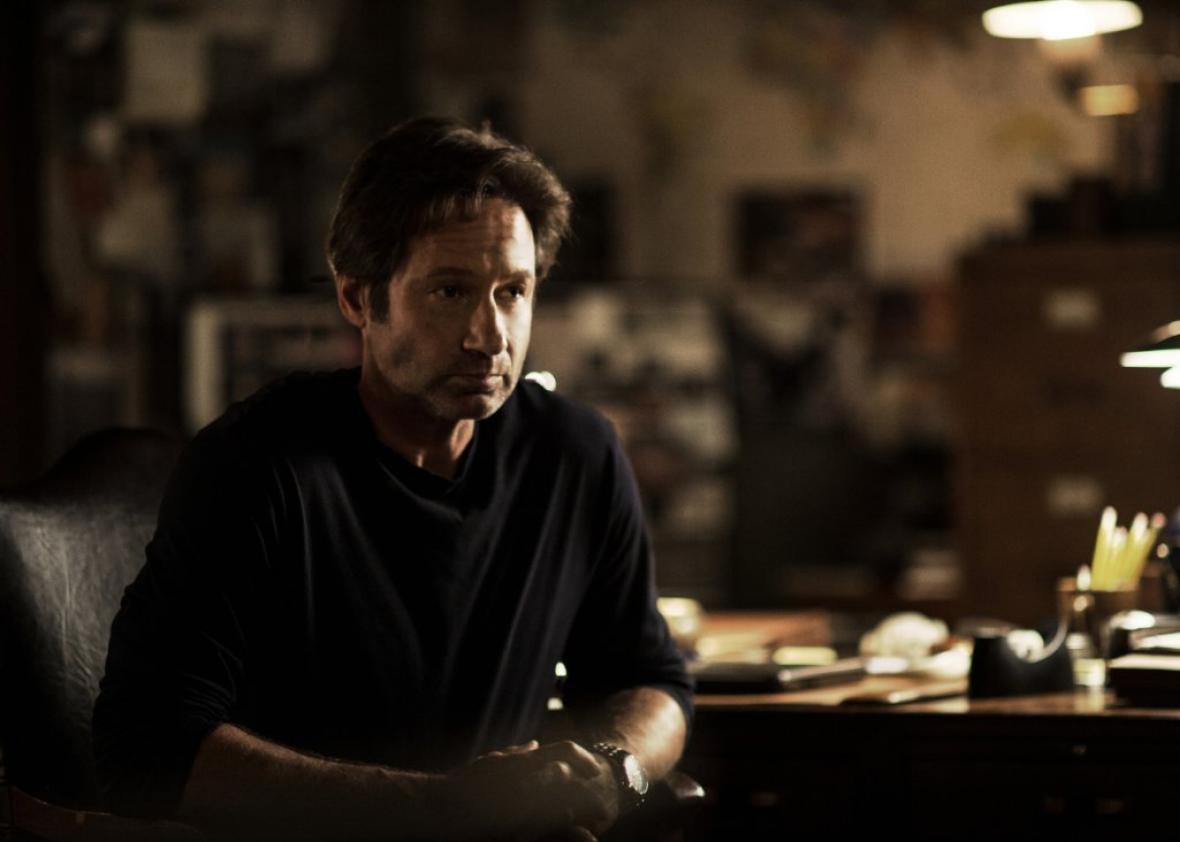 The Next Episode of The X-Files Is the One to Watch
The Next Episode of The X-Files Is the One to Watch
Jan 29, 2016
It takes all of the best and the worst of the show's nine seasons and presents them all over again through a modern lens. The beloved show received high ratings despite what some critics say was an uneven premiere episode. GOG Early Access Announced with Added Benefits
GOG Early Access Announced with Added Benefits
Jan 29, 2016
It's also looking far more curated right now, with just five high-profile (and good, but not old) games making their debut. It's going to choose its selection by hand, and games will come with a 14-day, no-questions-asked refund policy.Eurozone inflation rises to 15-month high in January
Jan 29, 2016
Reaching an 8-month high, Germany's inflation doubled to 0.4 percent in January from 0.2 percent in December. Food, alcohol and tobacco prices advanced 1.1 percent and services cost by 1.2 percent. School District Tax Growth Near Zero
School District Tax Growth Near Zero
Jan 29, 2016
Financial information is taken from state forms, called ST-3s, which are filed by all districts at the end of each fiscal year. Eighteen systems in Nassau and Suffolk were designated as being "susceptible to fiscal stress" a year ago . Anfield hero: This Chelsea player would be an ideal signing for Liverpool
Anfield hero: This Chelsea player would be an ideal signing for Liverpool
Jan 29, 2016
The Serie A club are looking to take advantage of this, but may be put off by the former Bolton man's £100,000-a-week wages. Bookmaker Ladbrokes have made Liverpool 7/2 favourites to sign Chelsea centre-back Gary Cahill in January.9-year-old girl collects 1000 Barbies for homeless girls her age
Jan 29, 2016
Whitney told IE that when she and Gianni are done, they will continue to collect dolls and hope to distribute them nationally. Whitney Graham said Ashton Kutcher even shared Gianni's story on his Facebook page . -
-
The Latest

